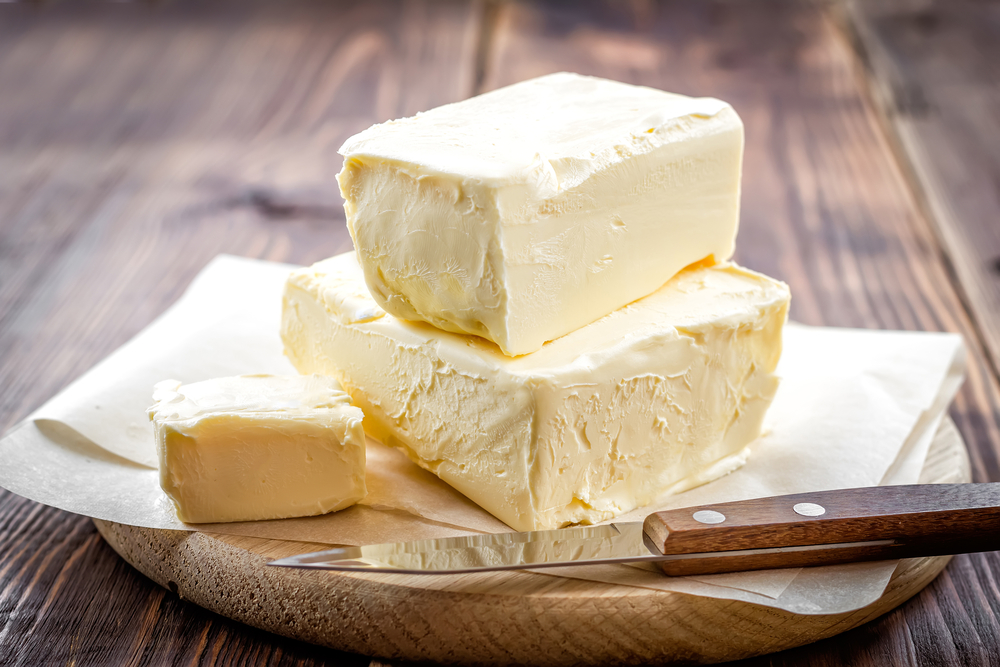The Festival of Oil: Everything You Need to Know About Oil
Oil is one of the three essential nutrients, so we can't give it up even when trying to lose weight. In honor of the "Festival of Oil," here's everything you need to know about it.
 (Photo: shutterstock)
(Photo: shutterstock)Oil is one of the three essential nutrients, so we can't give it up even when trying to lose weight.
In honor of the "Festival of Oil," here's everything you need to know about it.
Science Lesson: Nutritional Value
Oil is a source for all the body's hormones, such as insulin, which is responsible for carbohydrate absorption, and thyroid hormone, which ensures proper metabolism. Moreover, without oil, we wouldn't absorb fat-soluble vitamins such as Vitamin A for the eyes, Vitamin D for the bones, Vitamin E for the skin, and Vitamin K for blood clotting when injured.
The Villain: Margarine
Naturally, oil is liquid at room temperature, but margarine, also known as hardened vegetable oil, undergoes a hardening process called "trans" or "hydrogenation." This process is unnatural and unhealthy. Pay attention to what is written on food packaging. Check if the words "hardened vegetable oil" appear in the ingredient list. Unfortunately, you can find these words even in whole grain food products.
 (Photo: shutterstock)
(Photo: shutterstock)
Pressing Heat: Regular Oil
The seeds or beans from which the oil is extracted arrive at the factory. There, they stay with a chemical solvent named "hexane." This occurs within a closed vacuum bath and lasts several hours. The result: oil with a bitter taste, strong odor, and very dark color. Thus, chemicals are used to neutralize the taste. The scent molecules are removed through a process called Deodorization (like the word deodorant), and the appearance is enhanced using bleaching earth.
Conduct Accordingly: Stop Sign
When making an omelet, it's important to place a teaspoon under the spout of the oil bottle to know how much is poured and to stop in time. When ordering a vegetable salad in a cafe, read the complete ingredient list in the menu. Note that oils and dressings appear at the end of the list. Skip some of them; you don't need that much.
Calorie Counting: Calories
Each tablespoon of oil, regardless of type, contributes about 70 calories. Therefore, to maintain a normal weight, consume up to three tablespoons of oil a day. A tablespoon of oil can be replaced by a handful of walnuts, a quarter of an avocado, or a tablespoon of olives.
Olive Oil: Good for Bones
Oil contains a high concentration of oleic fatty acid, which is a mono-unsaturated fatty acid. How high? So much so that the acid is named after olives(Olive-Oleic). Additionally, oil contains another fatty acid called linolenic acid (confusing, isn’t it?). It turns out the balance between these two fatty acids allows for excellent absorption conditions for minerals, especially calcium.
Cleaning Squadron: Look Inside
Use only extra virgin olive oil, with acidity levels ranging from 0.2% to 0.8%. Higher acidity levels result from poor handling and failure to maintain proper production conditions during oil extraction. Therefore, look for olive oil with a label from the "Olive Branch in the Council of Plants."
Coconut Oil: The Tropical Friend
Coconut oil contains plant-based saturated fatty acids, making the oil solid at room temperature. Unlike butter, coconut oil does not contain cholesterol. The fun part is it's both healthy and pareve, so you can spread it thinly on bread, fry, and bake with it.
Want to Know More? Purchase the "Grow Healthy" lesson series by naturopath Sarah Bar Asher, at the Jewish Campus of Hidabroot.
Sarah Bar Asher is a naturopath and lecturer on nutrition and the food industry. Barasher@zahav.net.il

